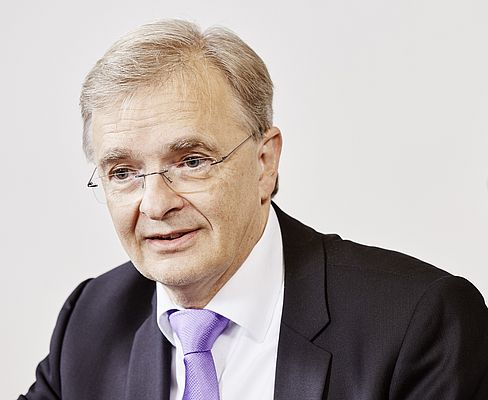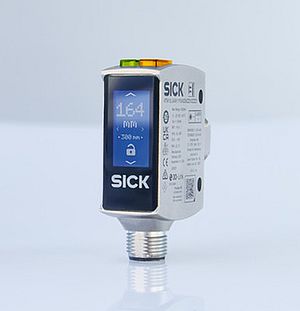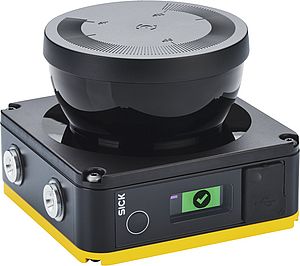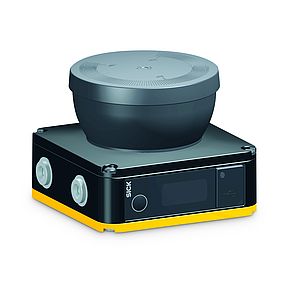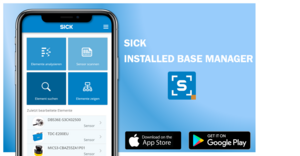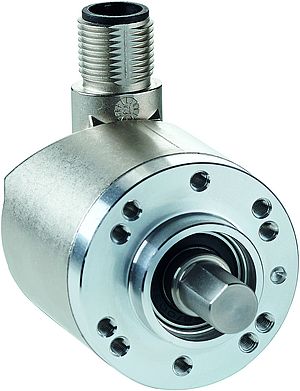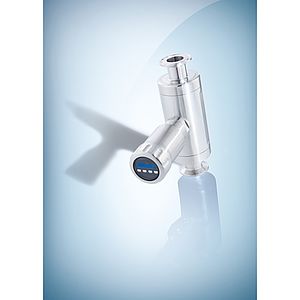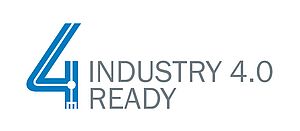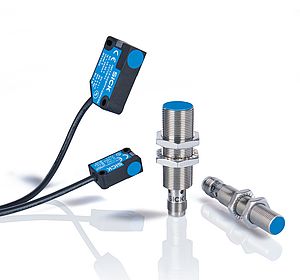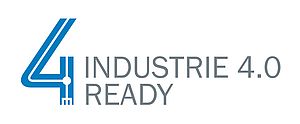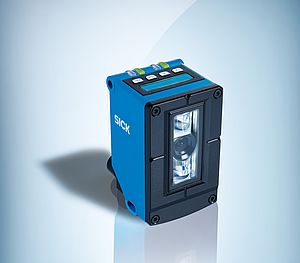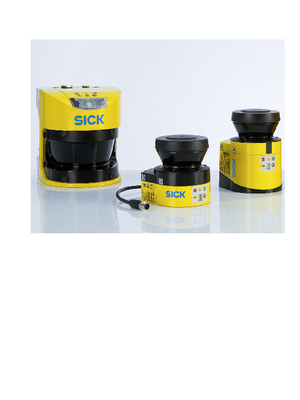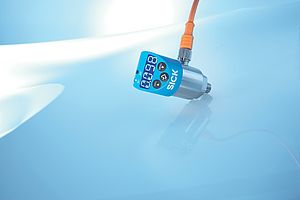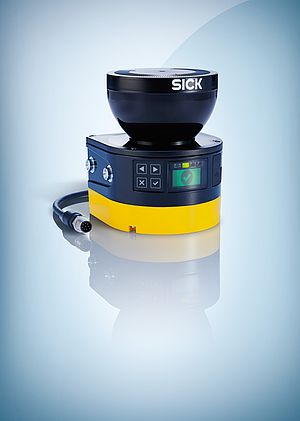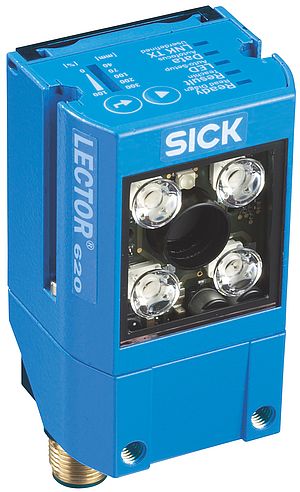Today, Industry 4.0 is not only an idea, it's a reality. However, not every company is aware of the potential of this industrial revolution, and in most cases decision makers don't consider the IoT an asset.
IEN Europe: What is your definition of Industry 4.0?
Mr. Mueller: This is a new kind of process in manufacturing processes. This process of manufacturing things is more flexible and transparent. It's about getting a better information about the industrial process at the end and therefore you need communication to get data and to use them with the aim of improving your production. So our definition of Industry 4.0 is "Better process in the manufacturing area".
IEN Europe: Do you mean that the result of this better process is a better communication within the process?
Mr. Mueller: The better communication is needed to improve the process. Process is something about how things are going to be done and if such process is established, you need to monitor, correct and improve things to get better processes at the end. To do this you need data, you need information. Industry 4.0 means that there is another level of process in the manufacturing area. You need products, ideas, communication, sensors: it's all about making your production better.
IEN Europe: Sick created the claim "Sensor Intelligence" more than ten years ago with the aim of shaping a new era for sensor solutions. What has changed compared to ten years ago?
Mr. Mueller: Sensor Intelligence means that the sensors get more intelligence inside. Let me give you an example: in the past, light switch said: "There is something, there is nothing; there is something, there is nothing". There was just a sensor that said if there was something there or not. Ten years ago, we started to work to get more intelligent sensors. The sensor could give more information to the system to improve the performance of the machine for instance. So you were able to know how much light was coming back, what was the transmission rate of the object. And you could also understand if what you saw was what you wanted or if it was something different. So a sensor gets more intelligence by using the information it gets and making this information available to the machine. That has been the meaning of this claim for many years. Now, for the sake of industry 4.0, this information is needed to analyze the current situation and make predictive maintenance, for example. Now the data needs to go out of the sensor to a "cloud-world" where this information could be used for process improvement and efficiency gained in production. That's the main difference today comparing it with what we did ten years ago.
IEN Europe: As you mentioned during our meeting at SPS, data ownership is the main goal for many companies nowadays. How much do you think data will affect a company's life in the future?
Mr. Mueller: This question is not only related to sensors, of course sensors are the basis for most of the data. Today, in private life nobody cares about his data. My data is everywhere - in my pc, my mobile phone, online, in my company. But there is a real value associated with the data and an additional value comes up if your data is compared data with other ones. And now the question arises: "Who is the owner of the data?". So every company needs to figure out which data is mine and which data do I want to share with others to get a better performance or more information, and which data is just there. For the moment, I don't think many companies are making a decision in this direction. In the past, everybody cared about his material, his building, his equipment: everything was concrete and physical. Now, you need to take care of things that you can't see, such as data and information. We need to figure out how data could be available in the future. Therefore, if you give your data for free, others will make money with your data. If you can sell your data, maybe you are the winner, not them. This is a different approach where everybody takes care of their own data and thinks more about what to do with it.
IEN Europe: How are companies moving towards a more structured data conception?
Mr. Mueller: That's a good question. I think some companies are afraid now to use their data for other applications and I believe there should be somehow a room where you can store data that you want to share. In any case, data needs to be safe. If you want to share it, there should be a sort of "market place" for data. And that's something that today doesn't exist. This is something that needs to be established. SICK has started a program together with the Fraunhofer-Institute to create such an industrial data space, a room for making data available in a safe and secure environment where you can be sure who owns the data, you can trade with data and you will be paid for your data. Additionally, you can decide which data you want to share with whom; a real marketplace for data indeed. This room for exchanging data needs to be taken as quick as possible forward. Industry has a sense from making money; it can't provide data for free! My feeling is this: the industry would lose lot of its value, if the industrial data would be handled like it is right now.
IEN Europe: Does safety technology play a key role in human-robot collaboration and can Industry 4.0 enhance it?
Mr. Mueller: Safety systems are needed inside of the production area, so you need to be sure that machines won't hurt anybody. Safety can be very restrictive, so robots always completely stop when they recognize that there's somebody in their area, and if you have a collaborative robot you need to get a robot that can feel how close a human being is, so robot needs to be trained. These are the features safety equipment and sensors are trying to develop today. The other thing is, if you want to figure out how your factory operates, you want to know how much this safety procedure affects your production. The idea is that if you get a high safety and productivity level, these concepts are a little bit contradictory. High safety says: stop if anybody can be hurt; while high productivity says: don't stop, just produce. In that area, to figure out the maximum safety and productivity, that's a benefit you get if you make use of the data you obtain from safety equipment. So safety needs to make the machine safe, while taking into consideration productivity. In the future I think the machine will become safer and less unproductive: there will be higher productivity and higher safety together.
IEN Europe: "Sick sensor intelligence is enabling Industry 4. 0" is another motto of SICK. Do you feel that the world isn't ready for a progress towards Industry 4.0 yet?
Mr. Mueller: I don't know whether the world is ready or not, but I see the following: when you are at shows and you ask about Industry 4.0, people say: "Oh, I already did it in the past!" or "Nothing changes" or again "Just a little bit more of computer!". That's why I say: Ok, these guys have not understood the difference between industry 4.0 and how we do things today. You must have a different perspective. You know, people tend to say: oh let's keep what we achieved and make it a little bit better. With Industry 4.0 this is now taking a different approach: Data helps to make it better! Not from the bottom-up but from the top-down, and that's possibly making them a little bit afraid since they don't know what's going to happen. We need to figure out how to do it in the future, not how to do it today: How we need to do it tomorrow. And that's what decision makers are sometimes afraid of: They don't want to change too much.
Sara Ibrahim IEN Europe's Editorial Staff


